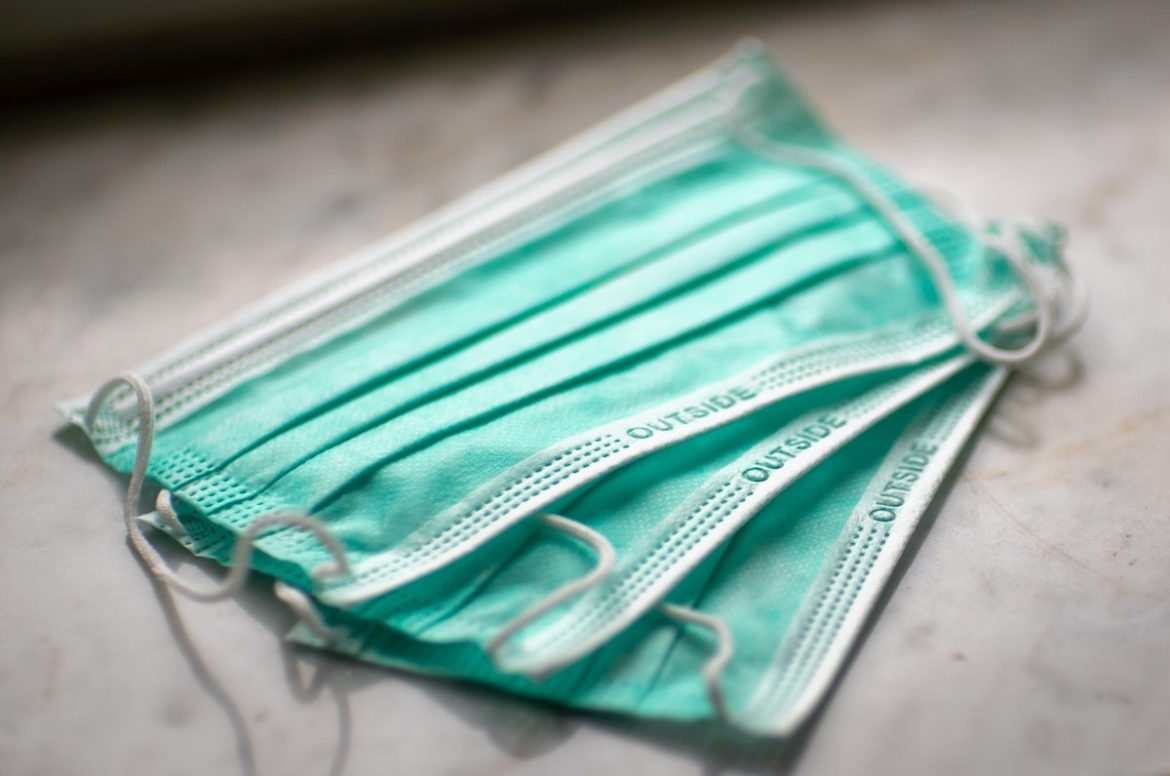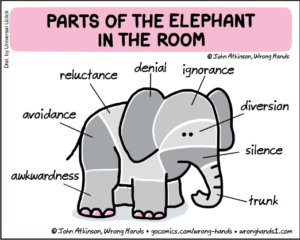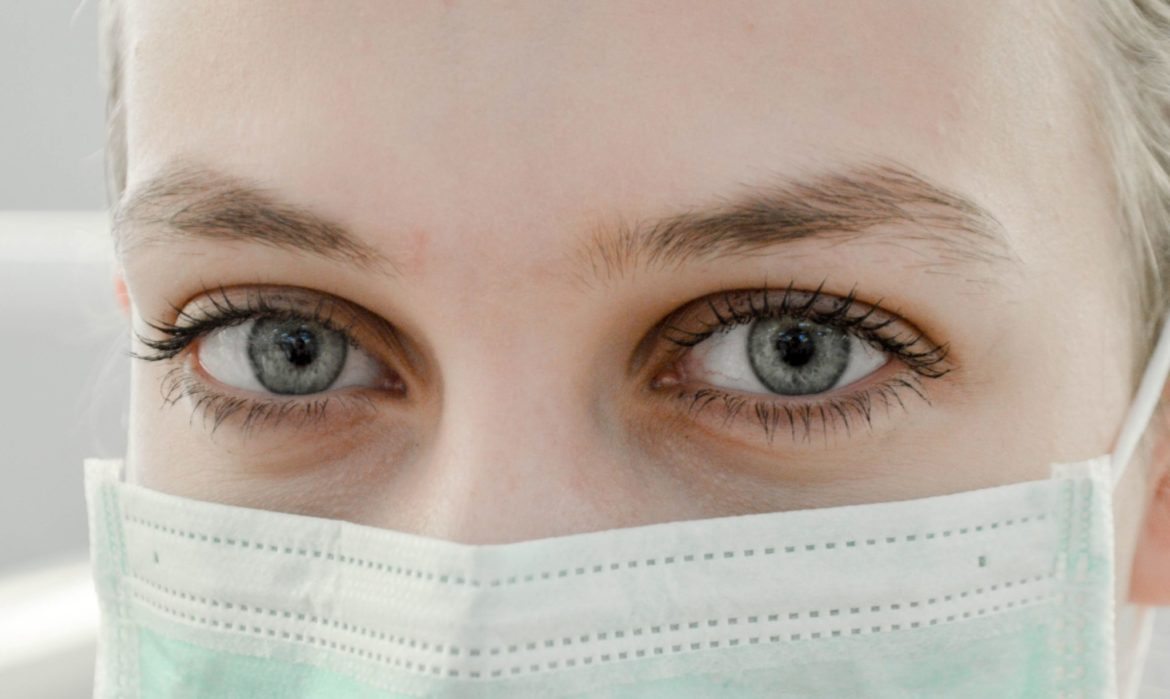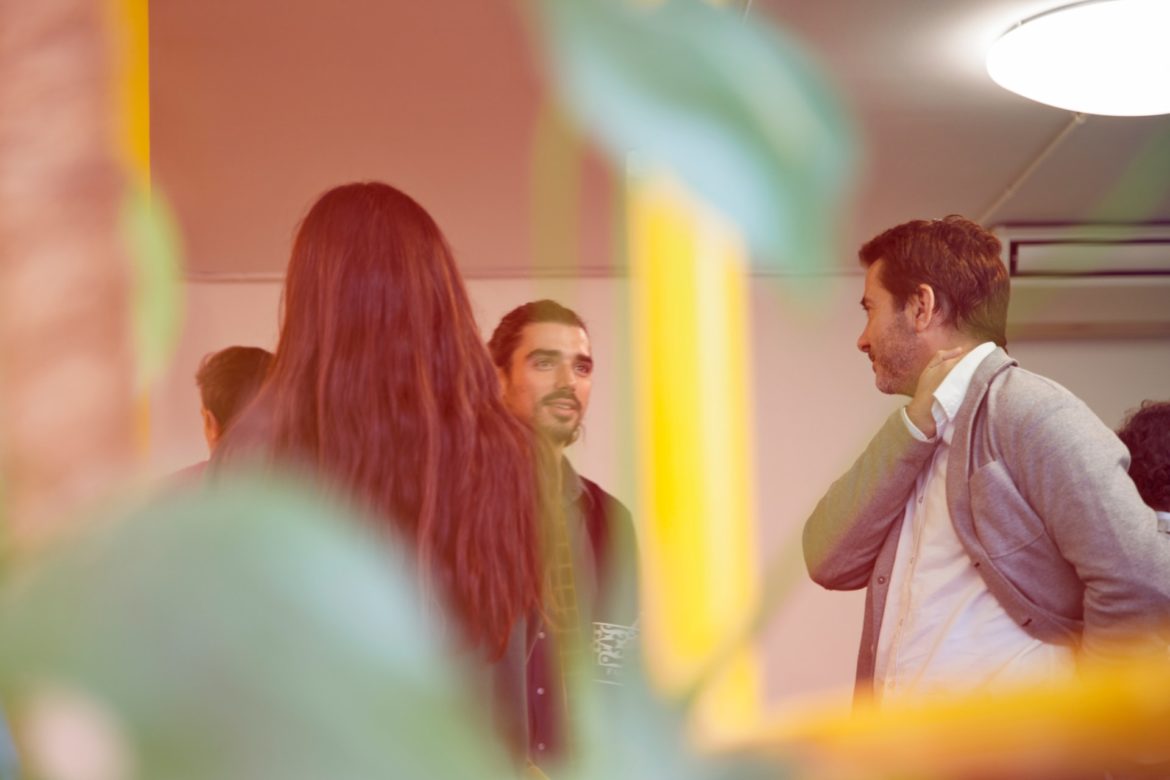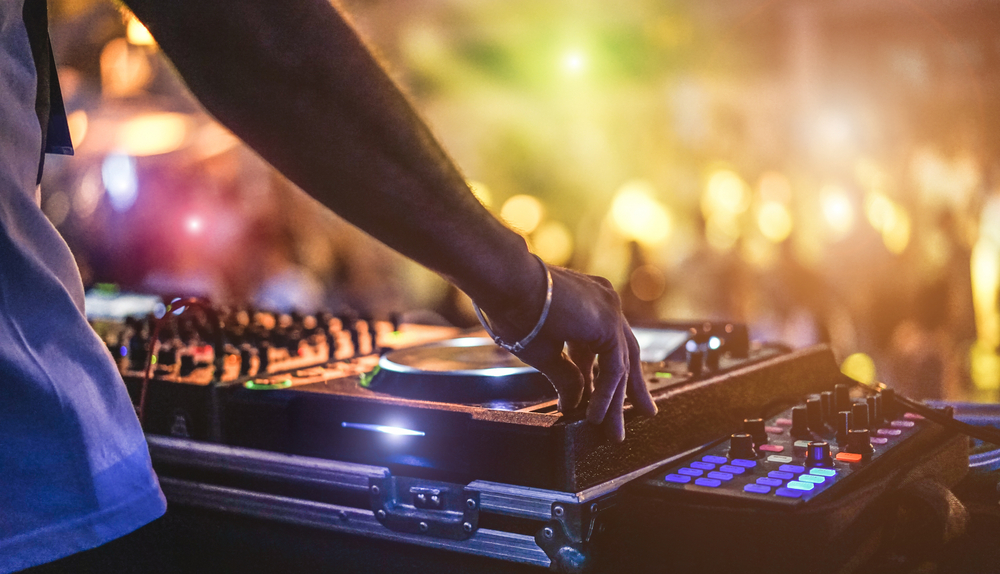Mental Health and Addiction
It’s no secret that substance abuse and mental health issues can go hand in hand. They even play off of each other. It’s also not surprising that the interplay of multiple issues complicates the process of successful treatment.
How do we prioritize which issue needs to be addressed first, or which treatment discipline needs to take the initial lead role?
I’m sure this question is debatable, depending on a service provider’s area of expertise. Psychiatrists and other mental health professionals will emphasize the need for mental health stability first, often recommending pharmacological interventions. Substance abuse professionals, on the other hand, see the need to first establish some degree of abstinence from the clients’ use of mind-altering substances.
Both mental illness and substance abuse are highly disruptive and potentially fatal illnesses that require serious interventions and protracted treatment. Both are generally considered chronic, requiring ongoing (lifelong) management. What has been proven effective is treating both as equal (co-occurring) conditions. This can be done by utilizing a professional team management approach, either through interagency protocols or focused collaborative practices.
Dual Diagnosis Treatment in South Miami, Florida
South Miami Recovery recognizes the complicated relationship between mental illness and substance abuse issues. We have both licensed mental health professionals and certified substance abuse therapists.
Beginning with an initial assessment, the client is evaluated to determine their physical, emotional and mental health status. In this process, we identify what the first step should be for the client to successfully manage their issues. The plan for each person is dictated by their individual need. Many individuals may require medication management to stabilize their physical and/or emotional state.
South Miami Recovery assists in identifying physicians that can provide the medical attention needed to move forward with substance abuse treatment. We look to collaborate with community professionals to meet the needs of each person who walks through our doors.

